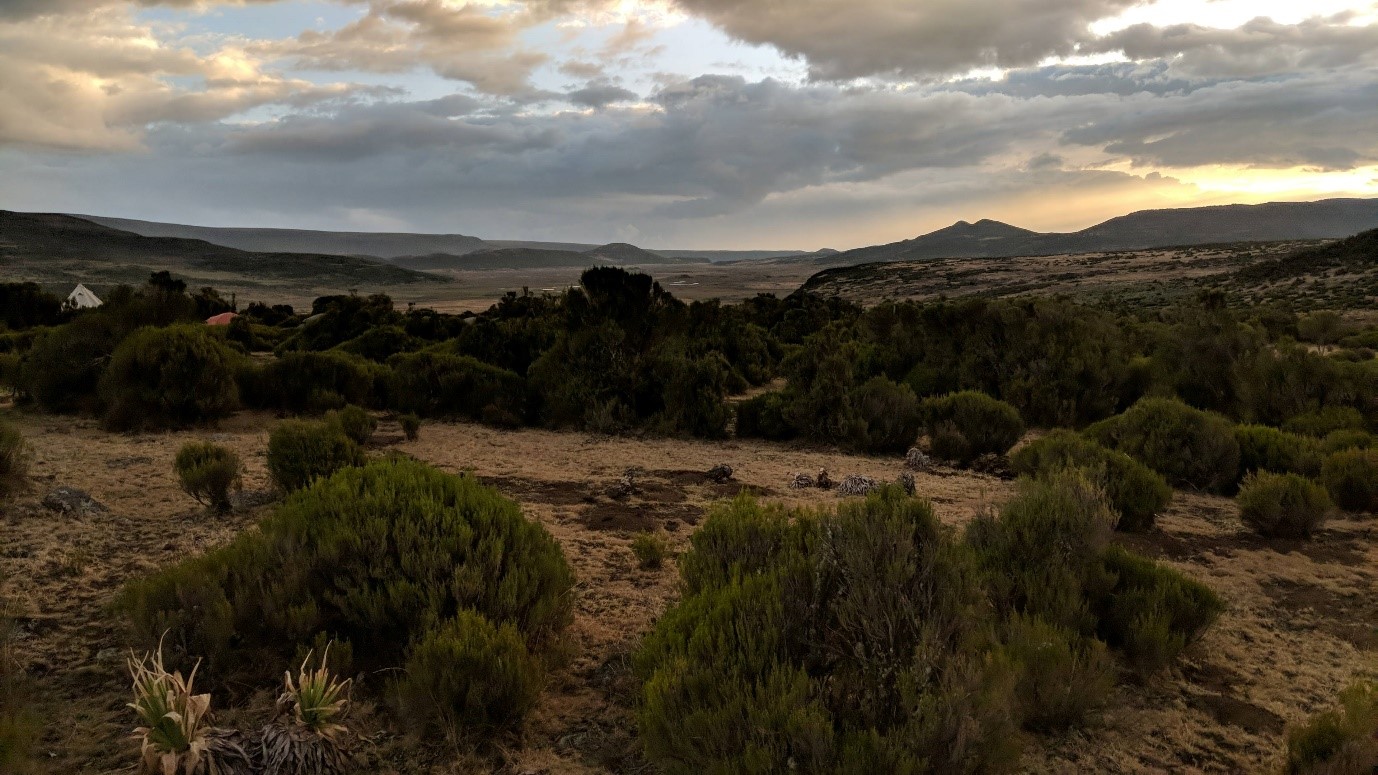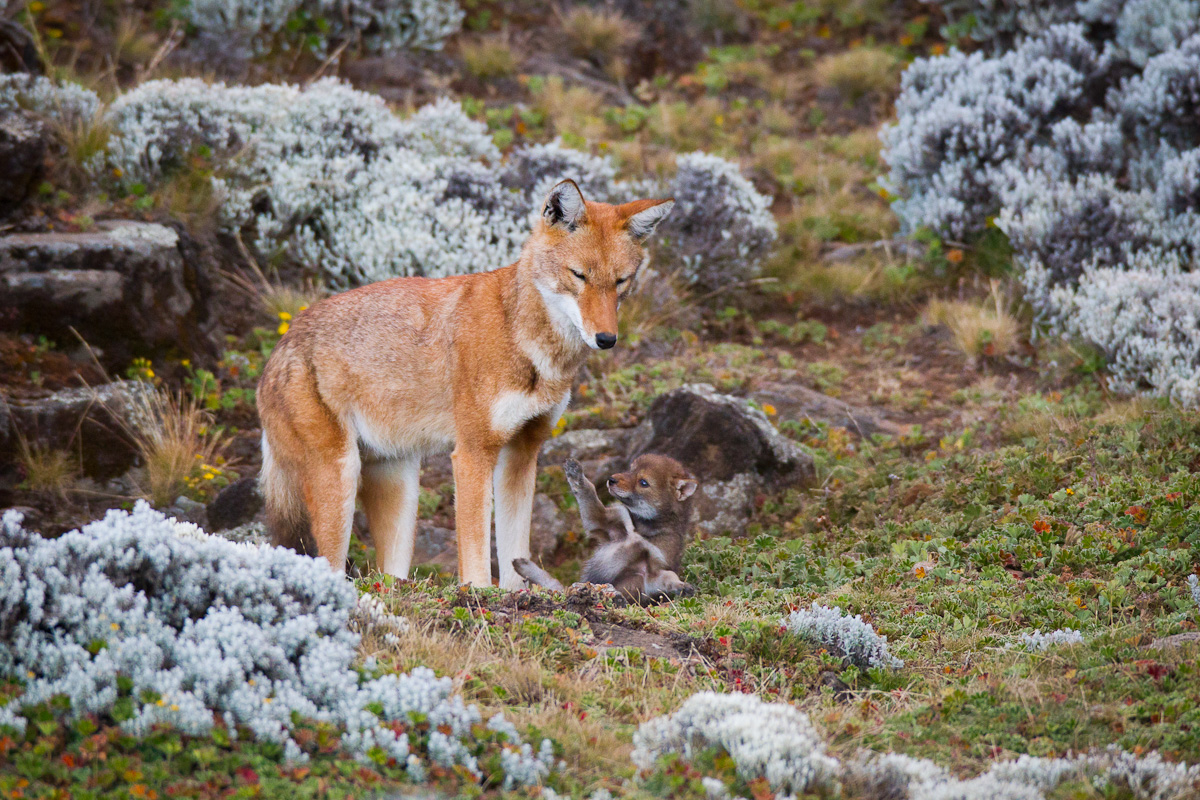


Two of the NCP scouts, Domingos Daude and Fernando Paolo, have lost their lives, another was severly injured and two more are missing. Our condolences to their families, and to everyone at NCP during this difficult time.

What does the word caring mean to you? I found myself asking this question after spending 3 weeks in the remote Bale Mountains, a significant part of it capturing, vaccinating, and GPS-collaring Ethiopian wolves. It’s the dry season in Ethiopia — this year, it’s even crackingly drier than usual.

Ambaye was a member of the Michigan State University Simien Mountains Gelada Research Project for the past 15 years, working as a wildlife monitor and research assistant.
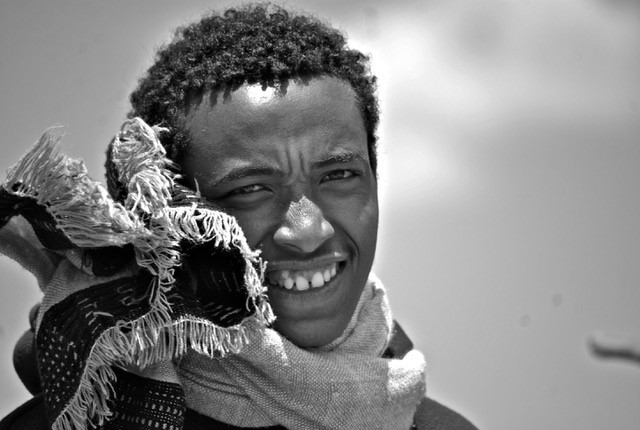



The accelerator fund was set up to provide vital support - from training and activities to equipment - to contribute to the career development of promising conservationists. It also has a particular focus on recognising and safeguarding local expertise in conservation practice.

Determining accurate population estimates is one of the most challenging, yet important, parts of any wildlife conservation programme. It asks a very simple question - how many animals remain in the wild? Whilst exact population numbers may be secondary to maintaining healthy breeding units for the wolves’ long-term future, it remains a key part of EWCP’s monitoring activities.
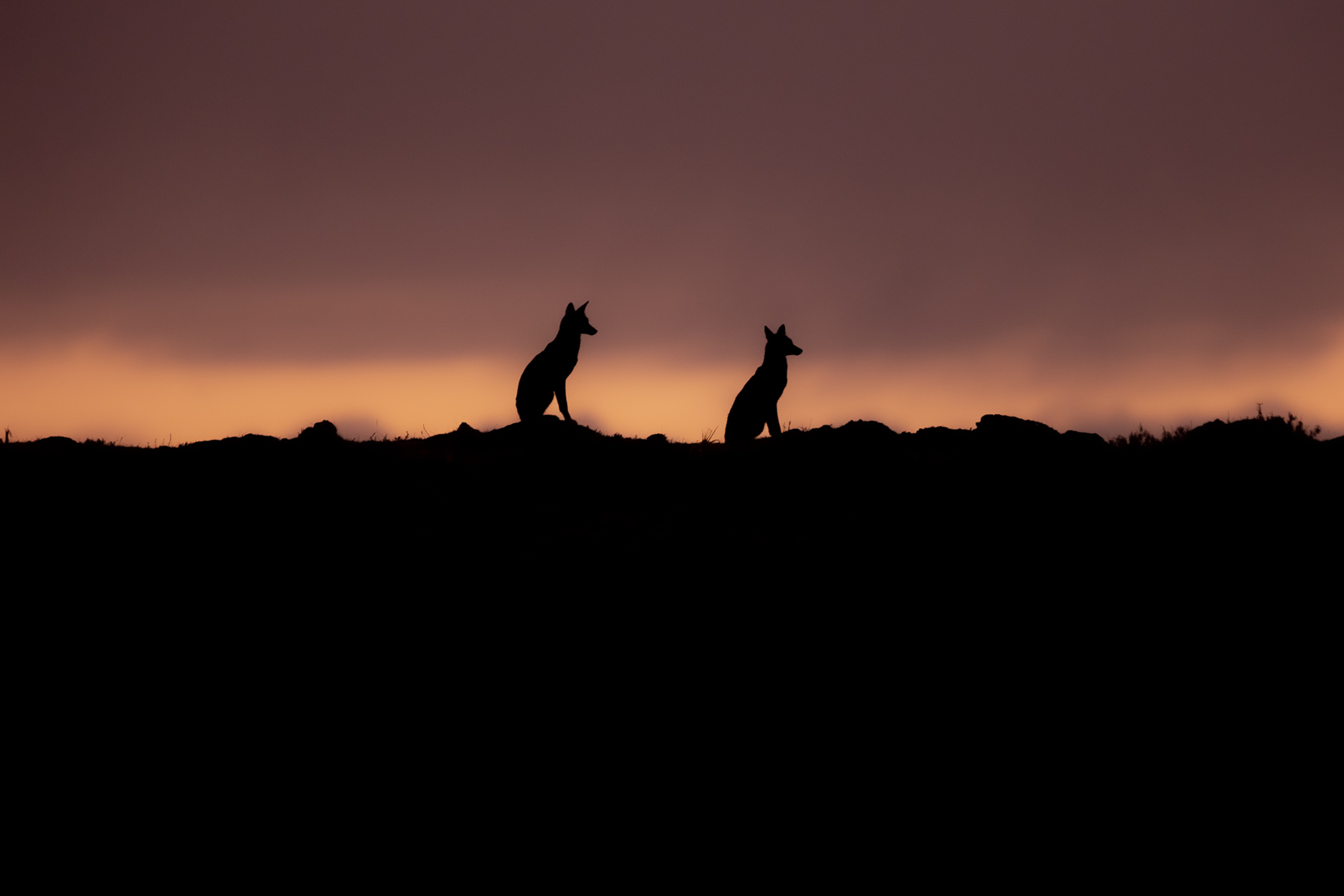
Originating with strategic support from EWCP, and staffed by founding members with prior experience implementing conservation efforts, Dinkenesh Ethiopia is poised for growth and success!
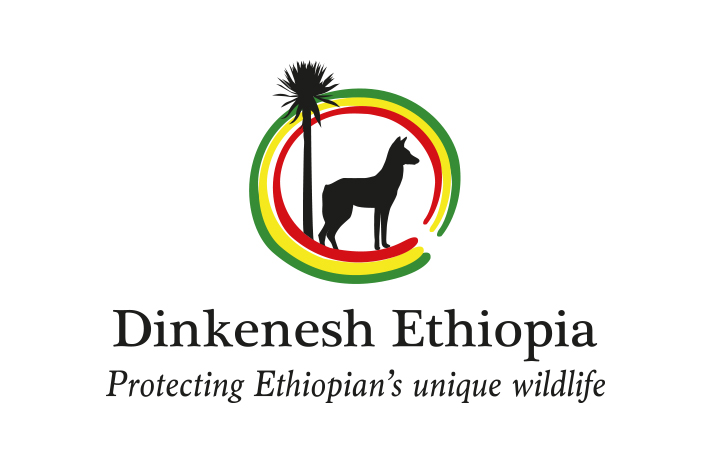
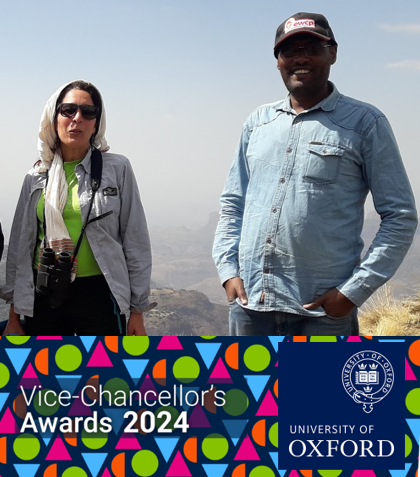
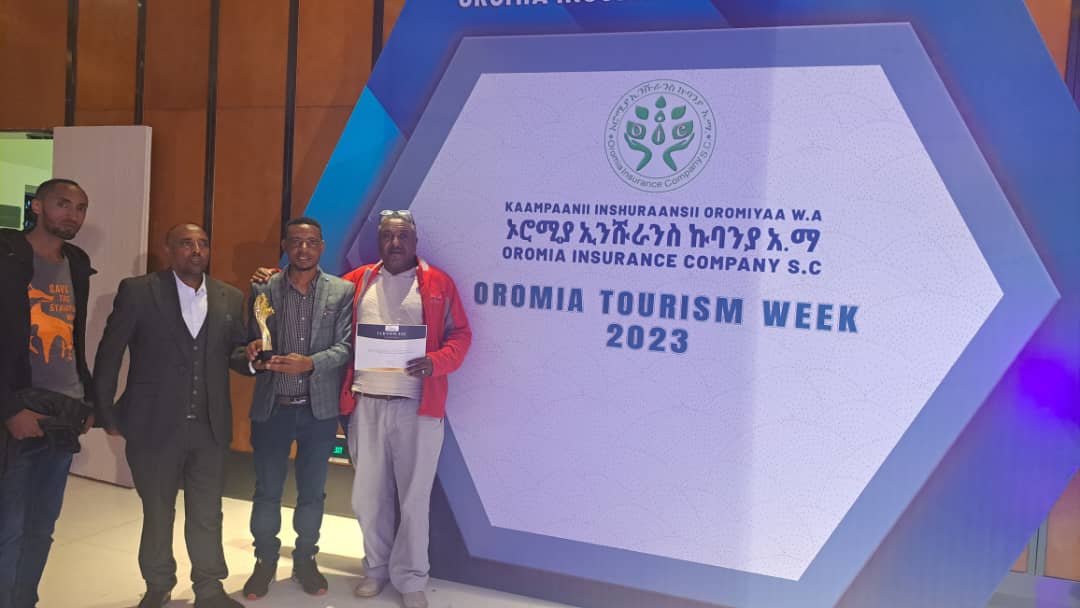
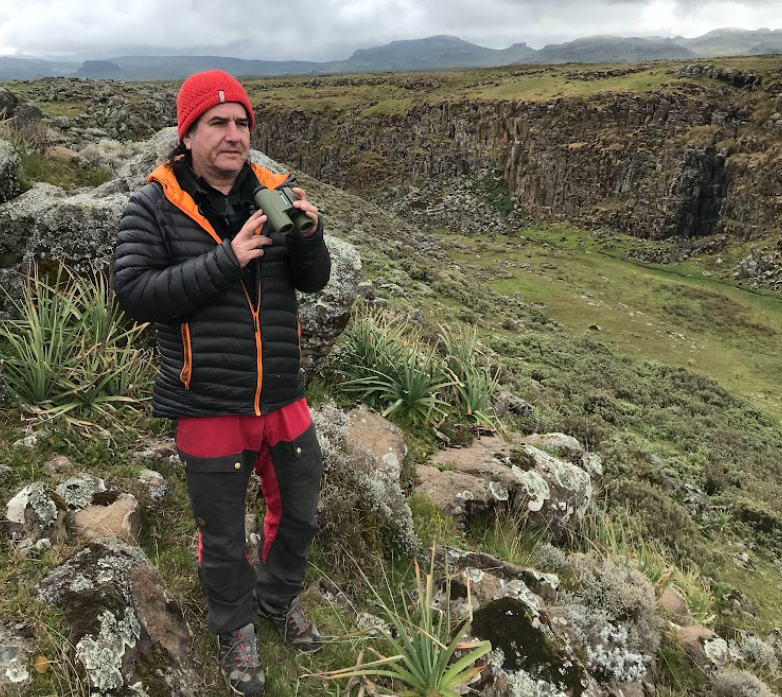
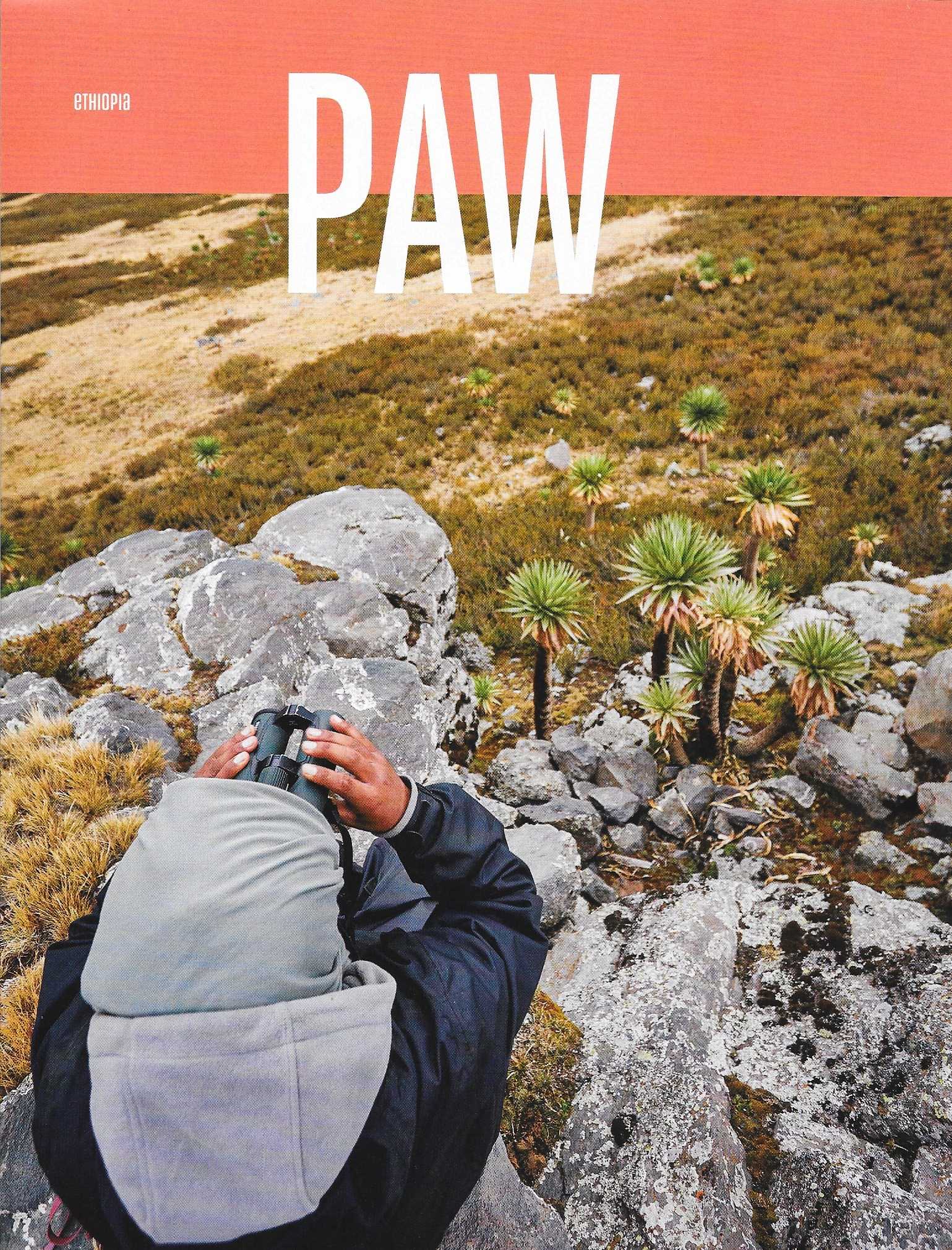
.jpg)
For one thing, our trip to the Simien Mountains to capture and collar wolves definitely did not start smoothly… Right before our departure from Dinsho, we were still desperately looking for some crucial missing equipment, our internal flight was suddenly cancelled, the car waiting for us up there broke down right after loading up the field material… It would take a few days for everything to settle down and for all the people involved to be able to gather in Simien Mountains. The Bale team, which consisted of me, Muktar (EWCP veterinary team leader) and Alo (EWCP monitoring team leader and expert trapper), finally joined our Science Director, Jorgelina, and the Amhara and Simien team already camping in Kechemo Buahit, the territory of the first targeted pack.
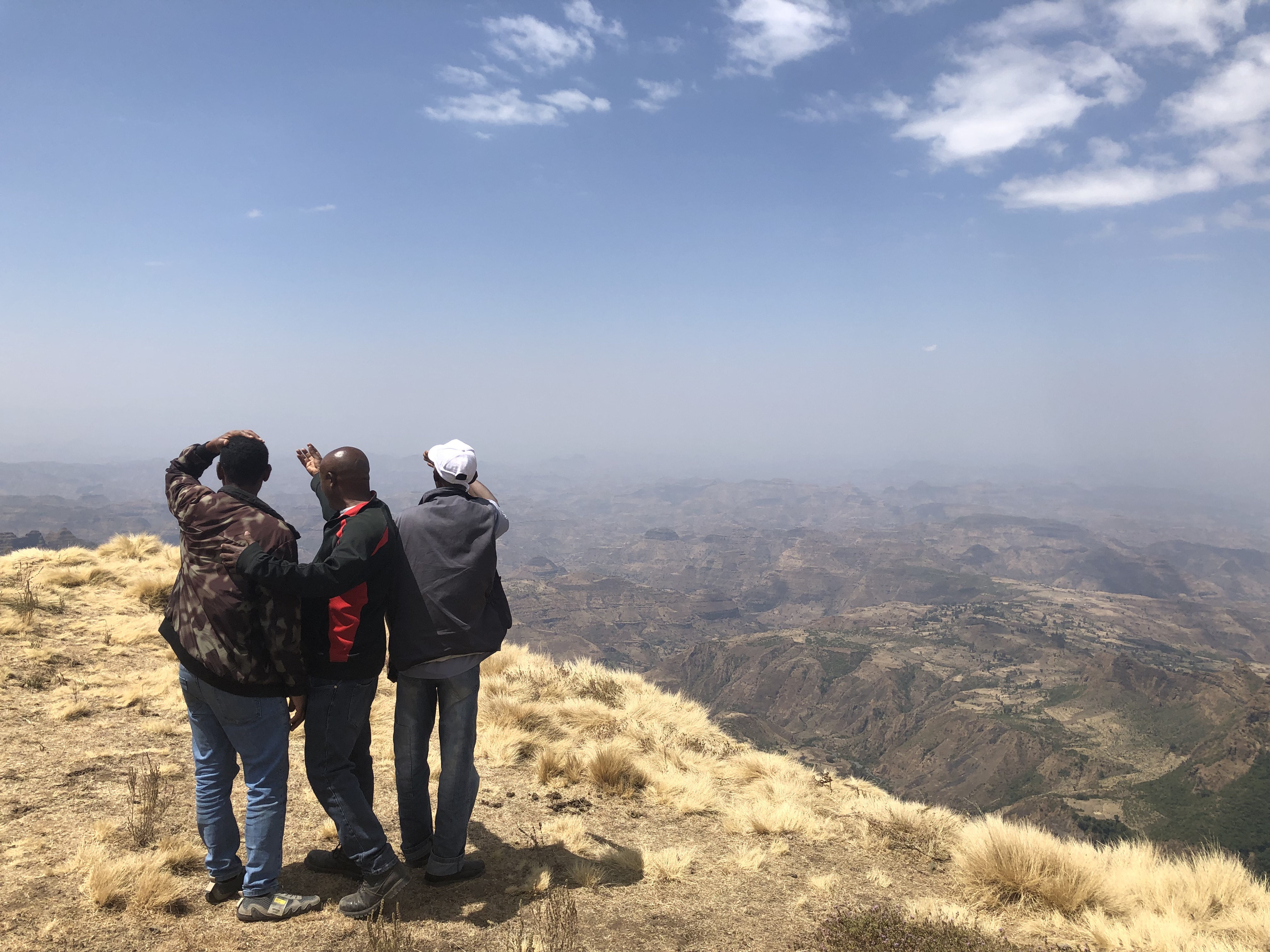
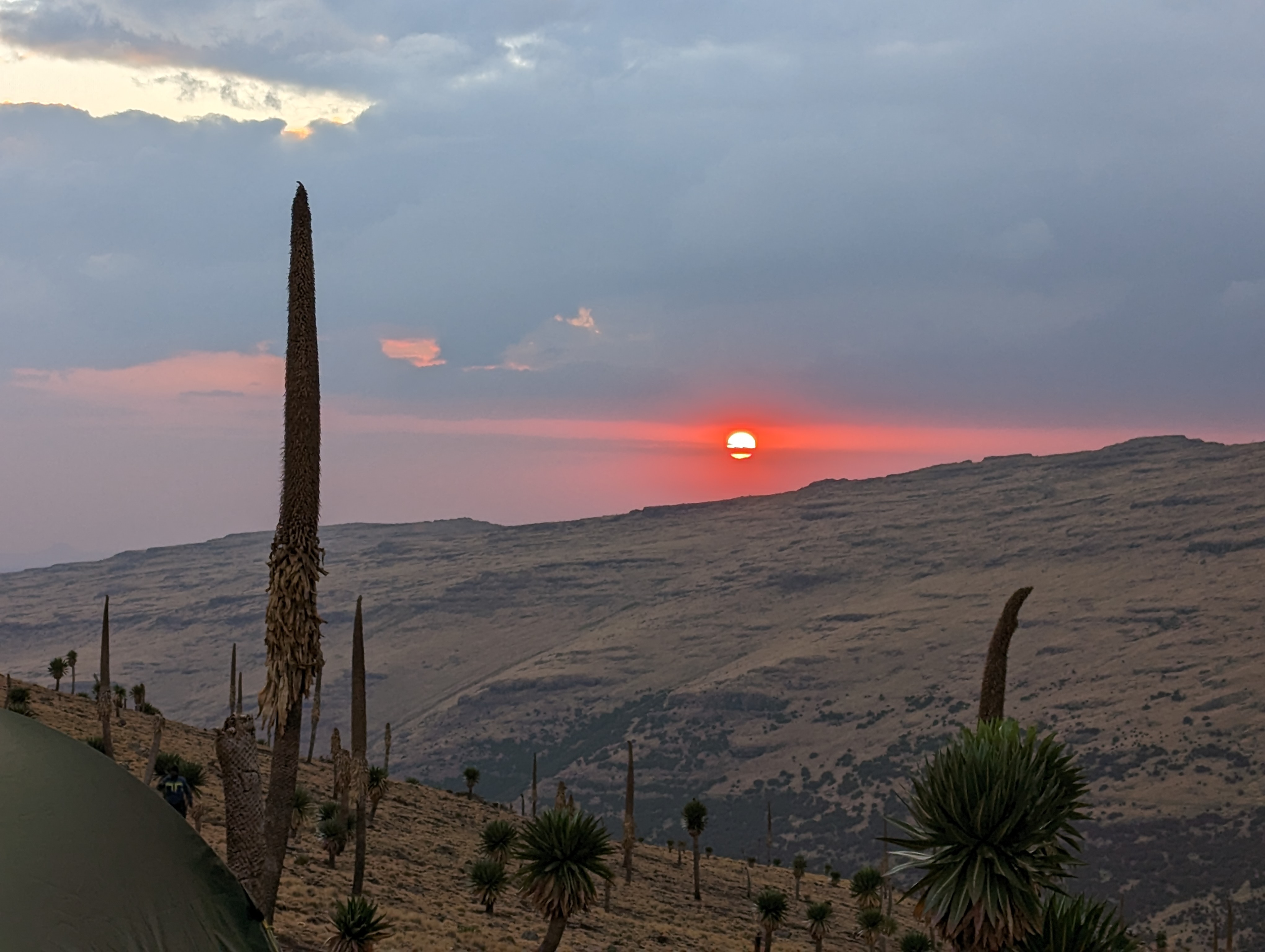
As promised, I returned to Ethiopia, this time during the wolf breeding season. And I decided to do exactly like the wolf monitors do and go to the Web Valley on horseback! Alongside the Sanetti Plateau—the largest Afroalpine plateau in Africa—, Web is the most important Ethiopian wolf study site in Bale Mountains. The ride from the EWCP Headquarters near Dinsho to the Sodota Camp in Web takes about 3 hours. By car, it takes only 40 min. But we would take a longer road, “the road for horses”, as Hamza, one of the wolf monitors, explained.
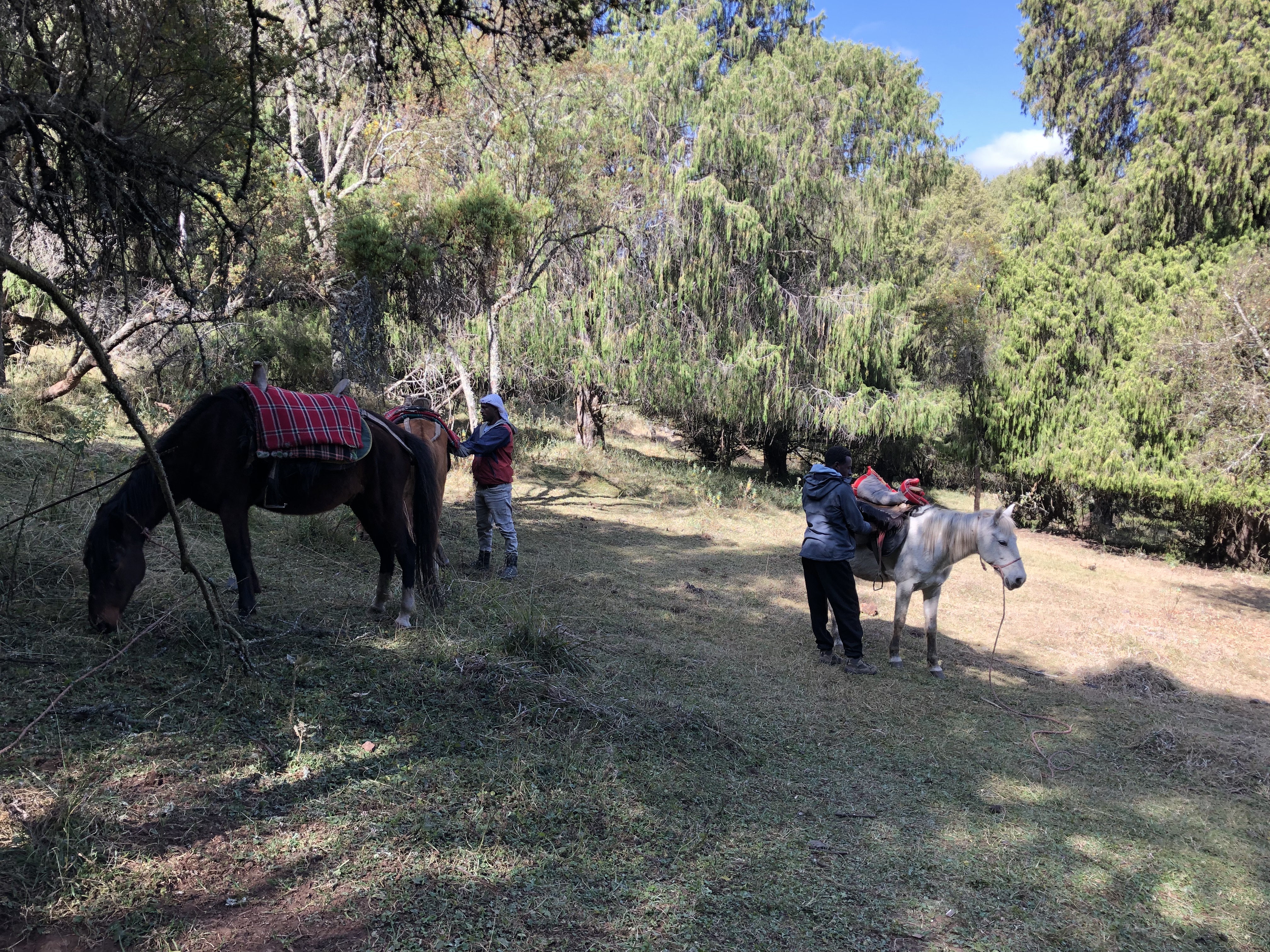
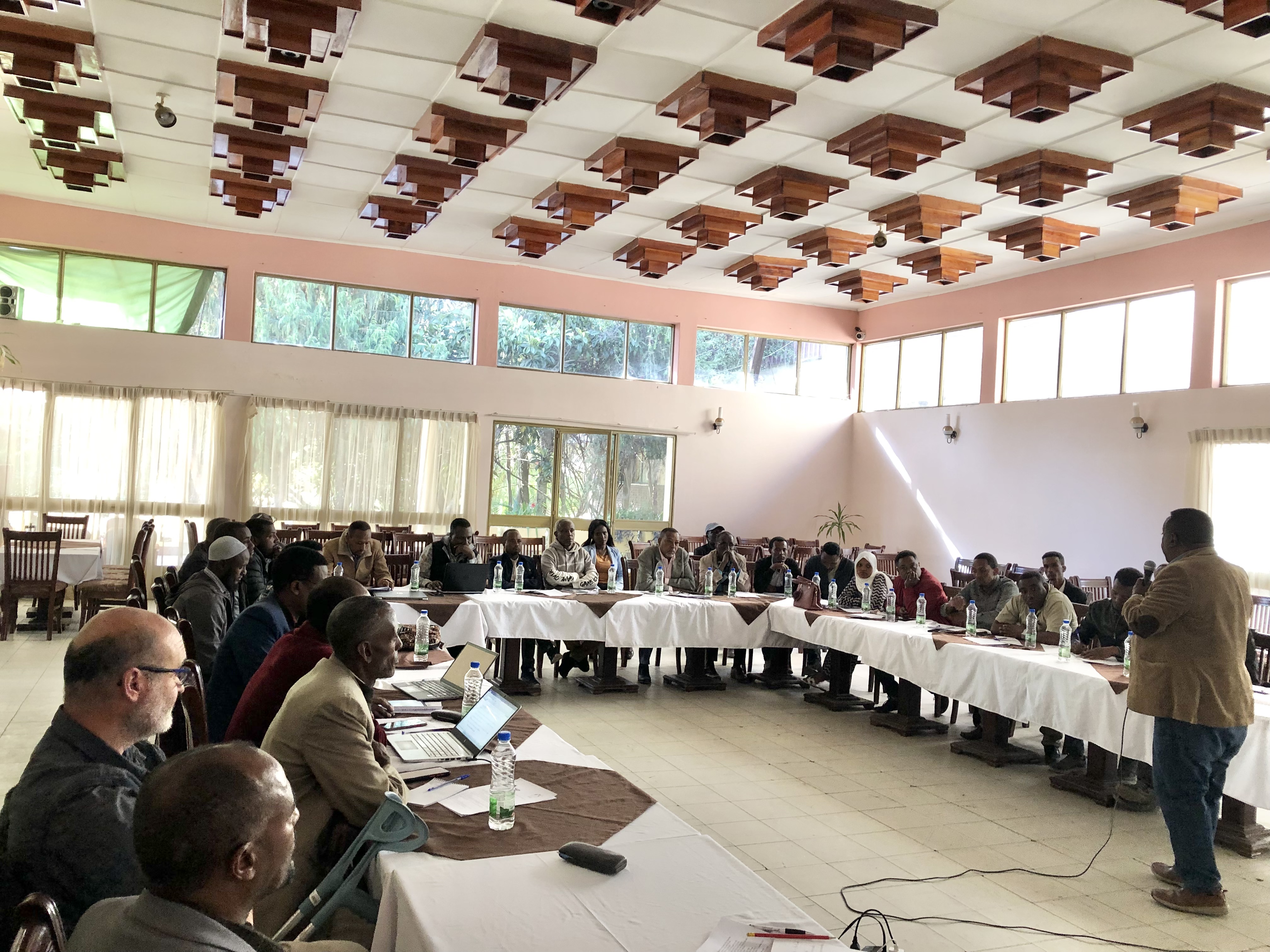
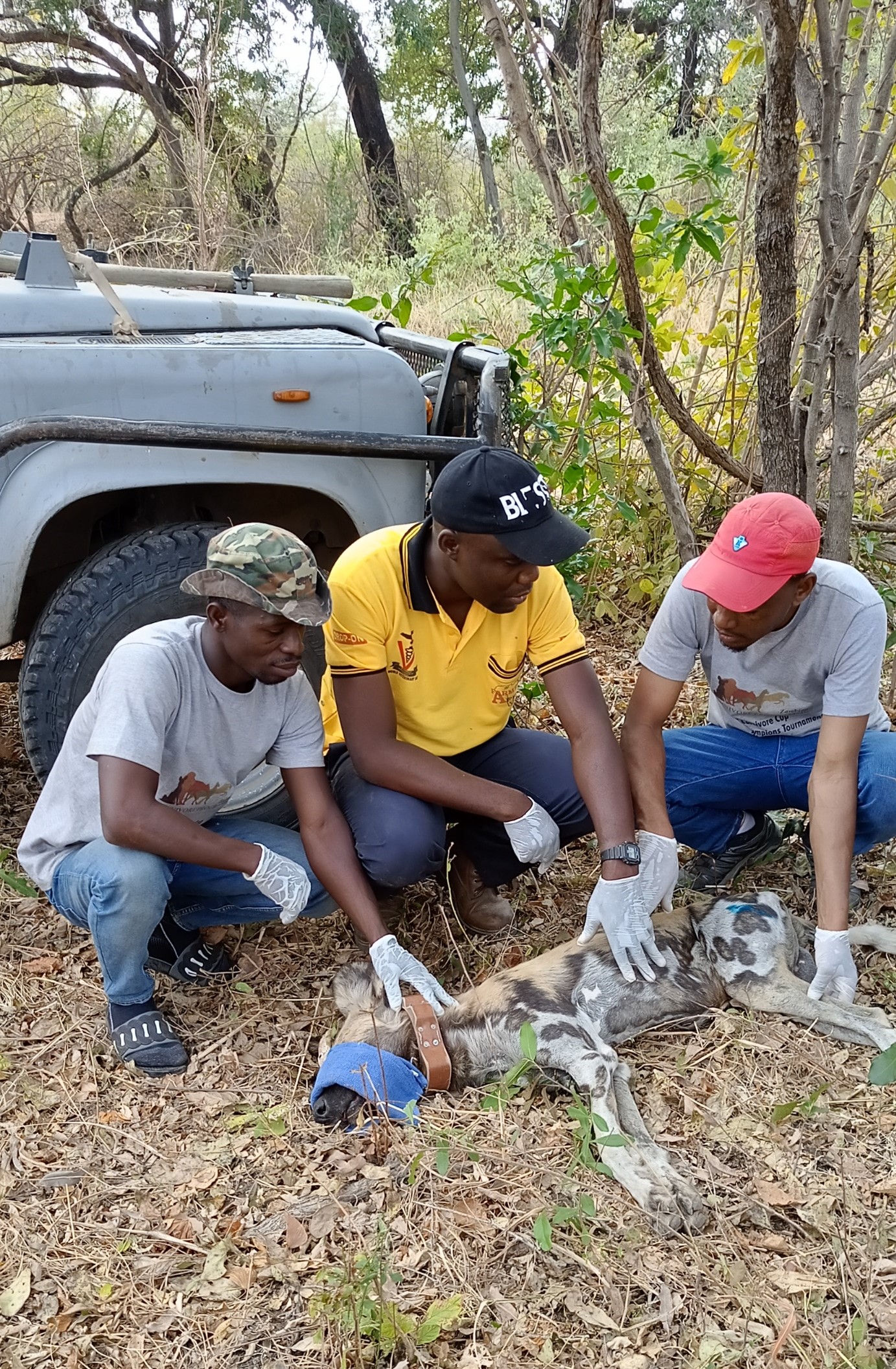
This new documentary from BBC Earth explores the diversity of canid species, the reasons for their success and the threats they face.
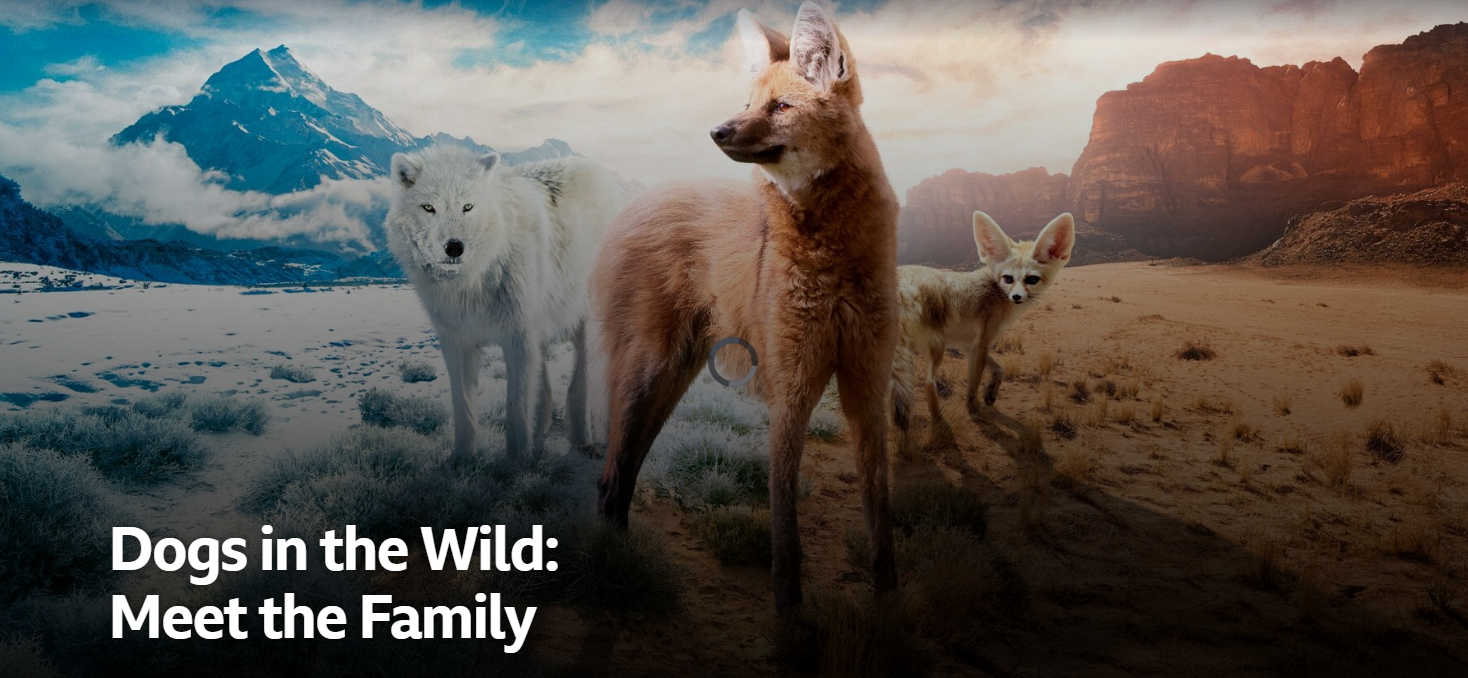
From an old shipping container to a crucial field lab!
All the way back in 2020, work began to install a brand new field lab at EWCP HQ in Dinsho, Bale Mountains National Park. A facility was sorely needed as a base of veterinary operations, to process and store samples, and conduct post-mortems. The project started with the arrival of a repurposed shipping container, freshly customised and kitted out at the Born Free Foundation’s Kotteh Wildlife Rescue Sanctuary near Addis, by a team headed by Bereket Girma.
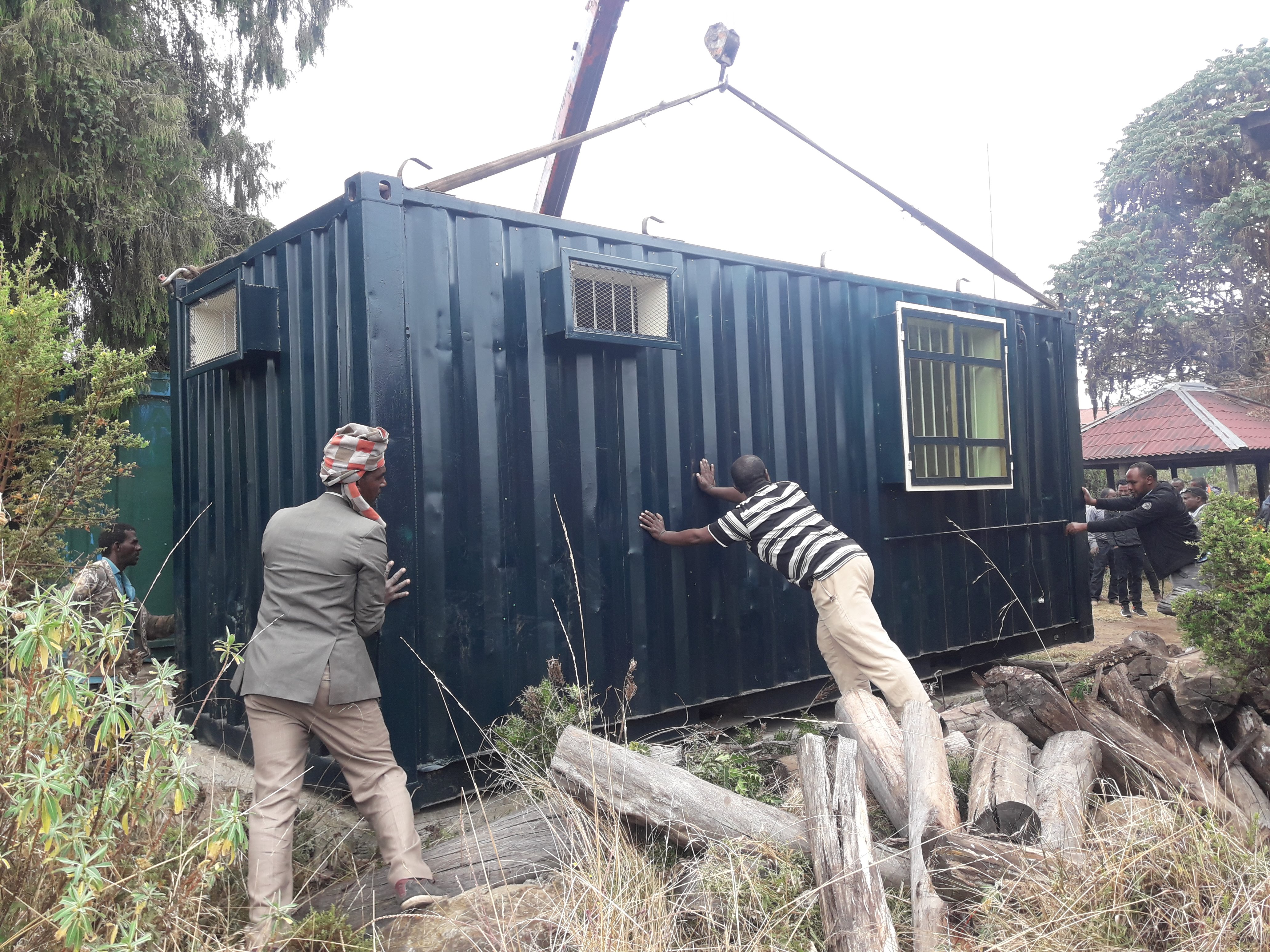
When I described my new position in EWCP and mentioned that I would be going to Ethiopia to work on Ethiopian wolves, my friend Emilie exclaimed: “oh! so you are a biologist studying an endangered species in a war zone!” I froze… Was that really what I would be doing? Technically, yes, the Ethiopian wolf is classified as “Endangered” and indeed, Ethiopia is currently having some conflicts… so she was correct in a sense. What would the reality be like over there?
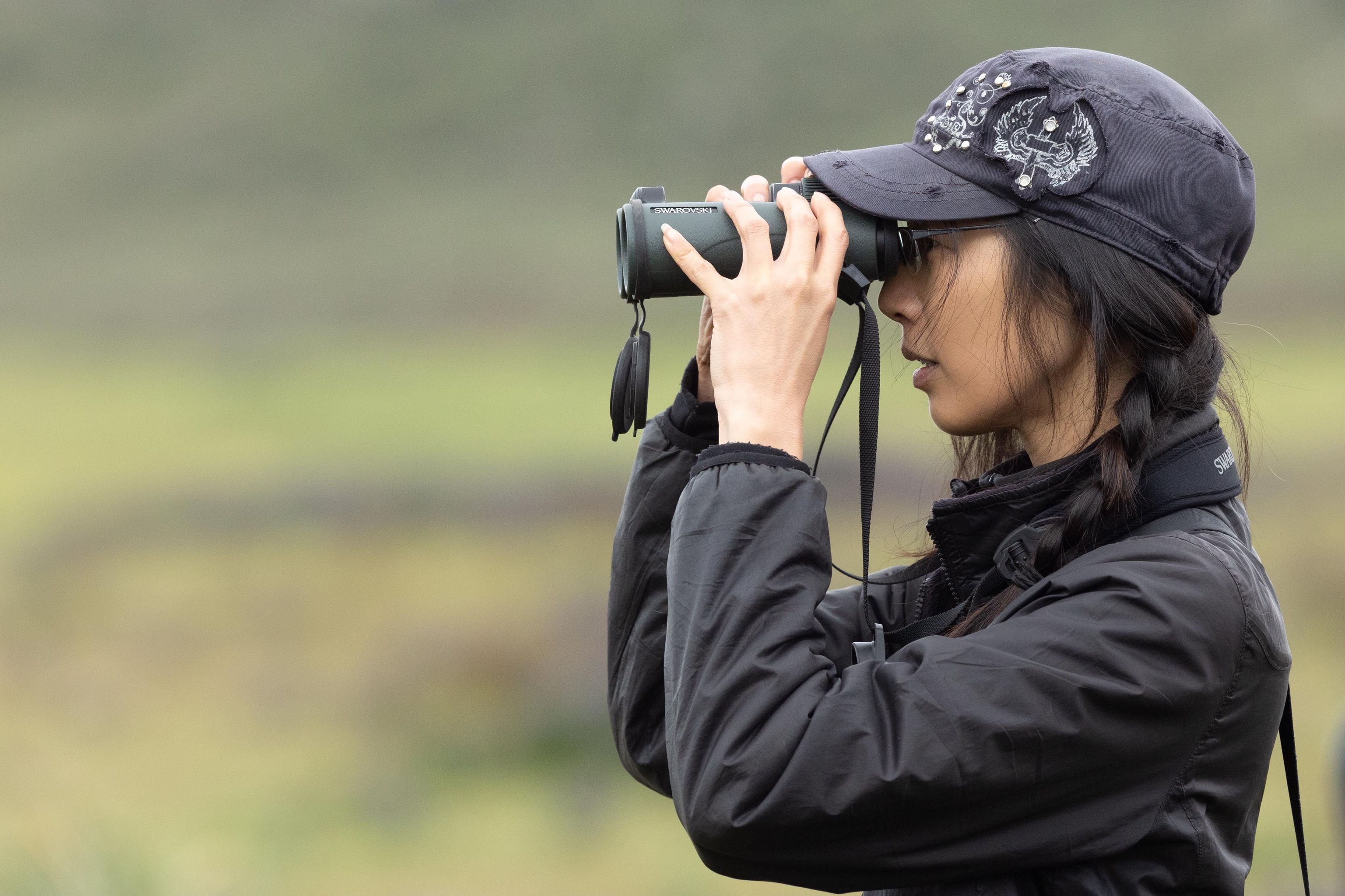
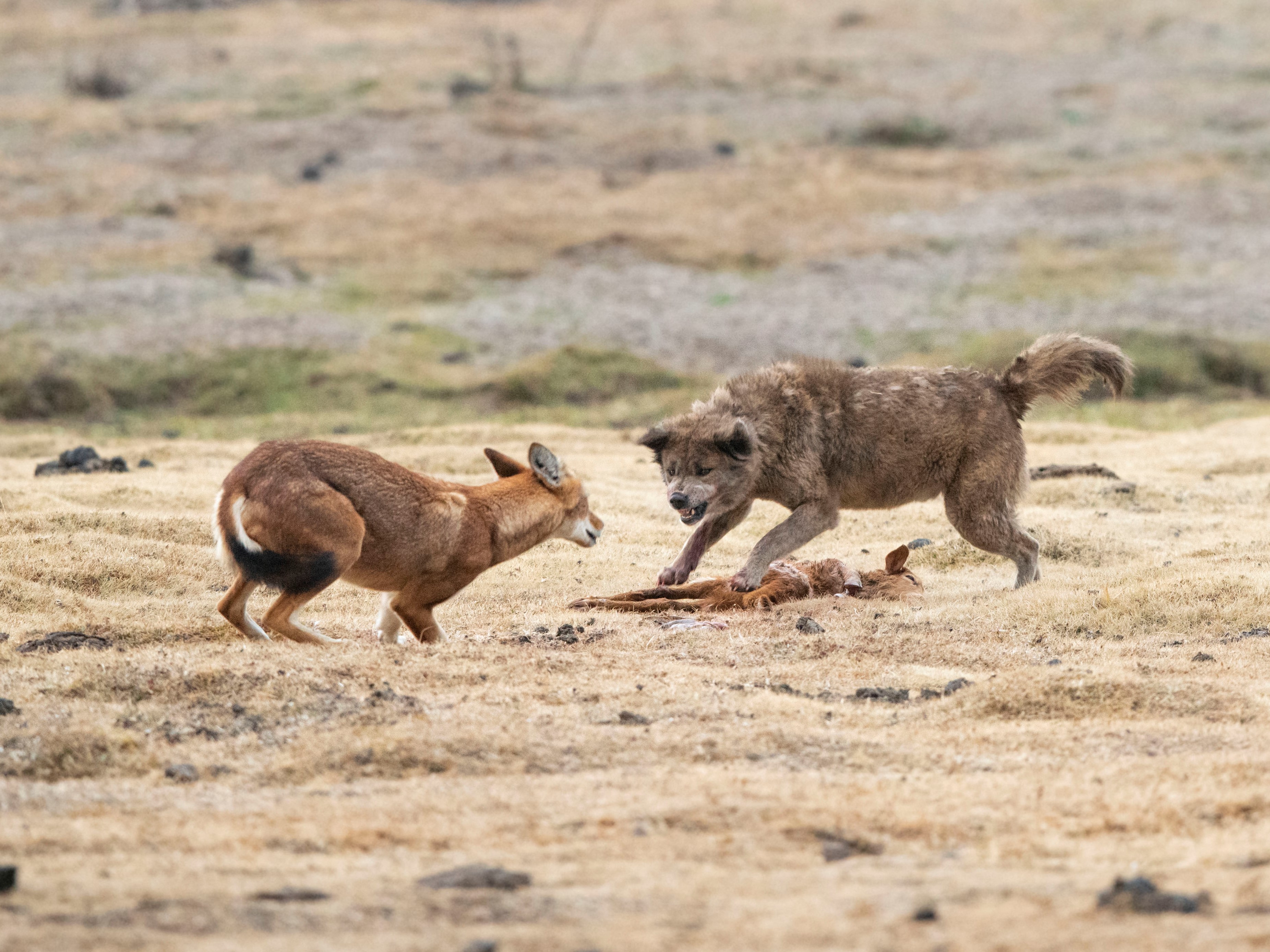
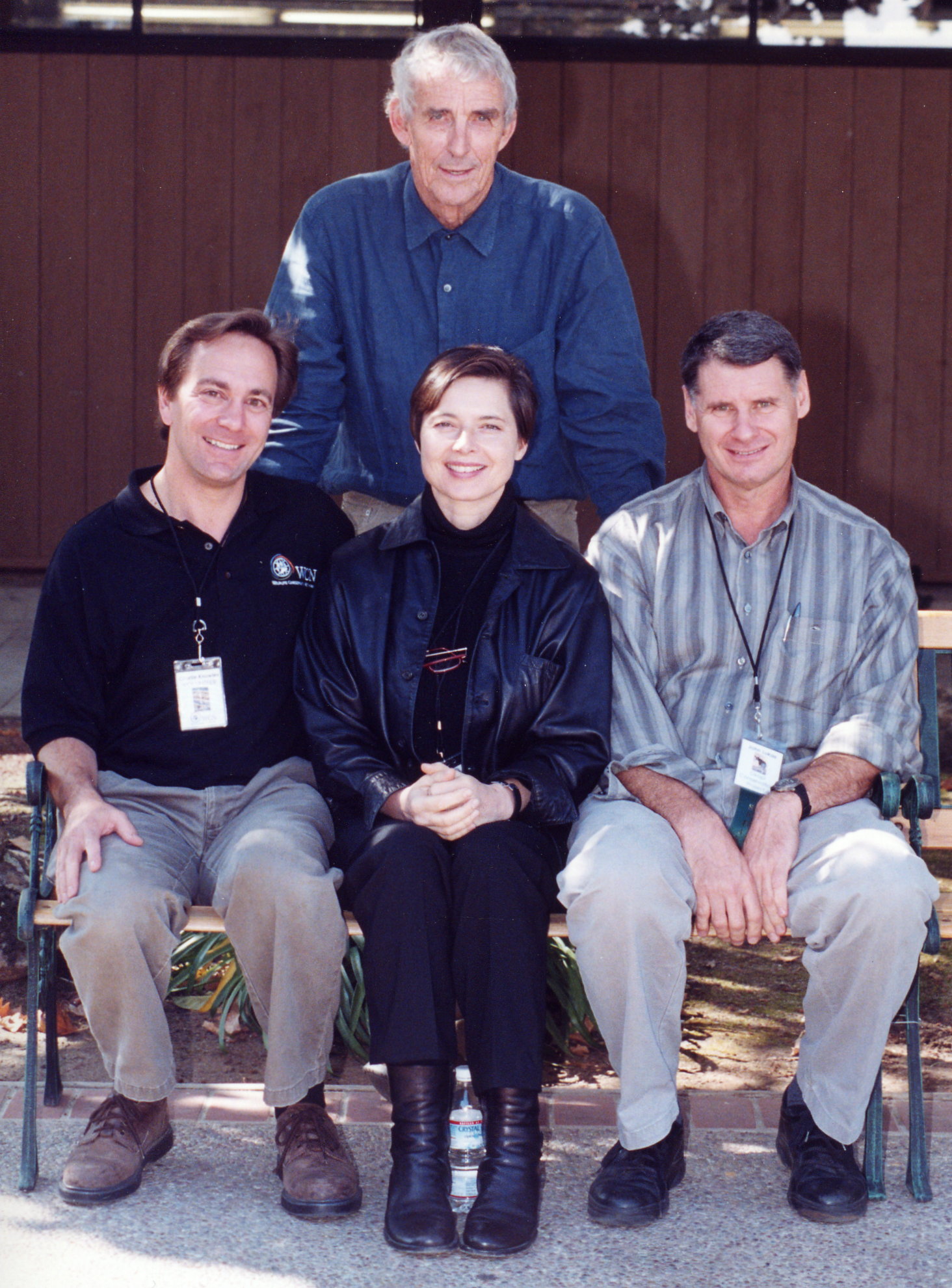
Rabies has always been a huge threat to the wolves, able to rip through populations and devastate numbers. Late last year, in the Bale Mountains’ Web Valley, an alert came in from the settlement of Lencha. A young female Ethiopian wolf had been seen in close proximity to villagers’ homes, seemingly in very poor condition and displaying abnormal behaviour. This raised alarm bells for the staff at EWCP and the Bale Mountains National Park, who quickly rallied to the scene to assess the situation.
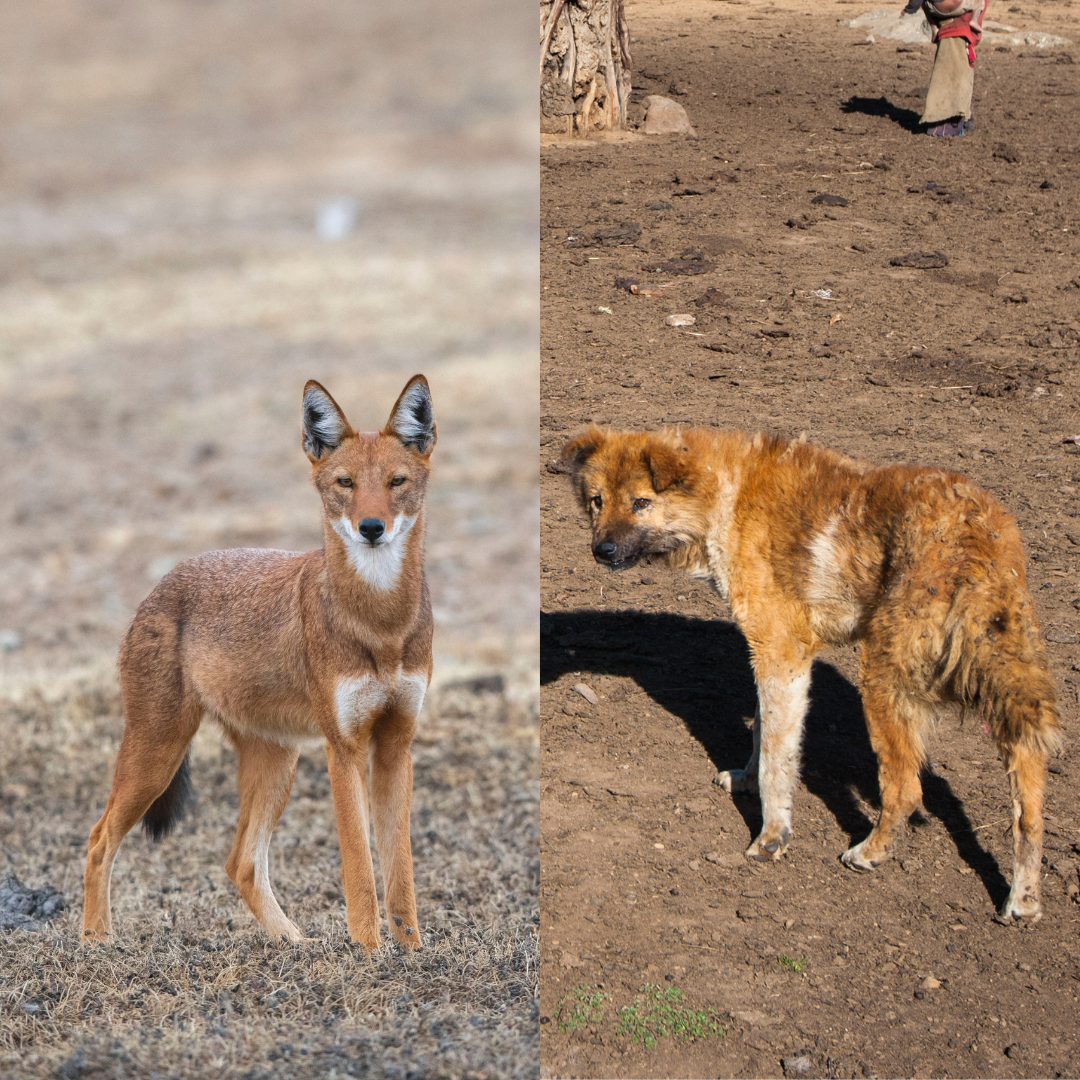
By Dr Jorgelina Marino
At the peak of the rainy season the EWCP team have been busy in the highlands of Delanta in North Wollo. Until recently one of the epicentres of the war, signs of fighting are still evident. Particularly in the nearby Gashena town, a strategic location at the crossroads to three main cities, taken and recovered three times at the cost of many lives.
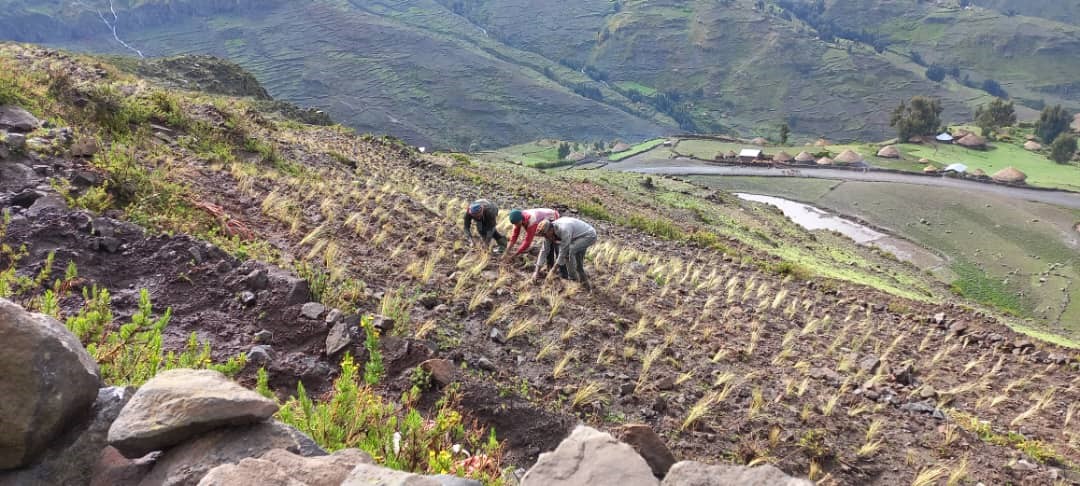
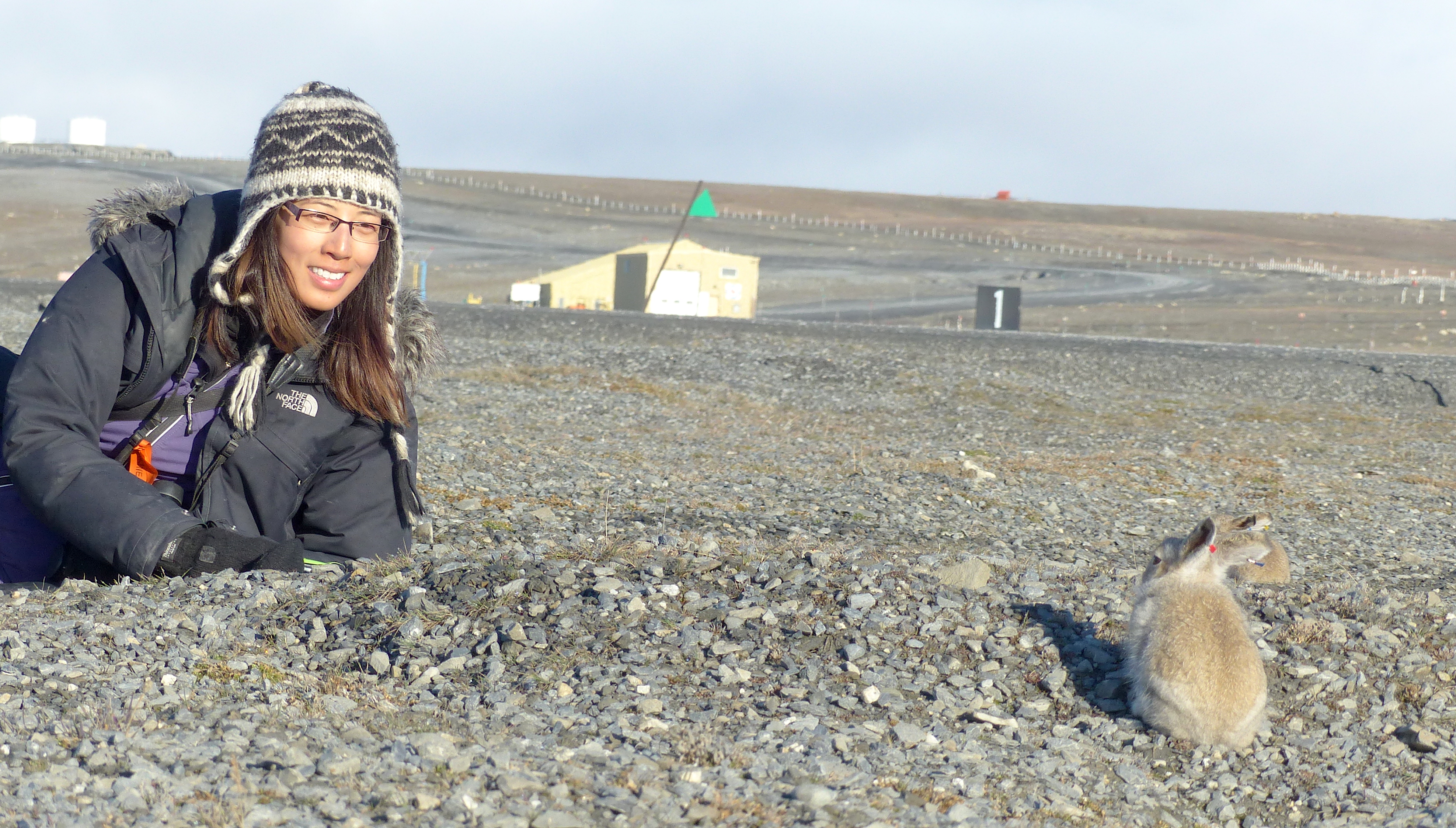
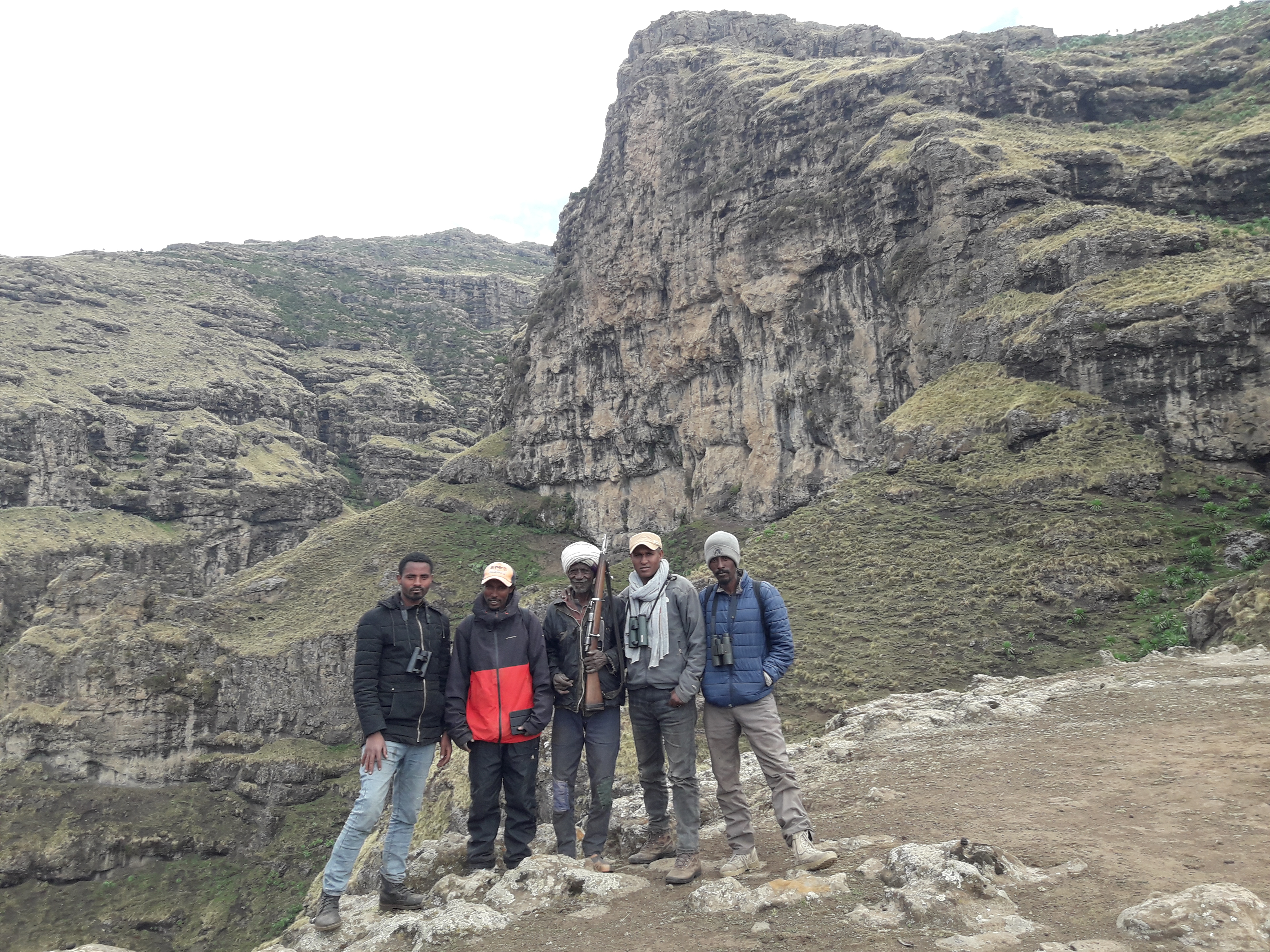
The Bale Mountains receives me with their familiar contours against the crisp blue sky. At the EWCP headquarters, the place I love and call home, a warthog keeps me company. Eric and the team have left ahead of me to start the wolf captures in earnest before Ramadan begins.
